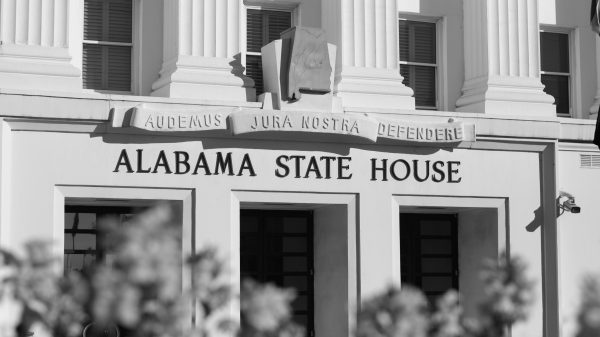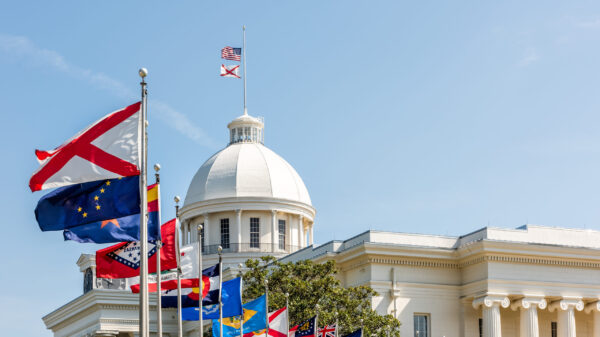By Bill Britt
Alabama Political Reporter
On Tuesday, a bill regulating the licensing, education and requirements to be a private investigator passed out of the House Governmental Affairs Committee.
“HB80 will for the first time provide licensure for private investigators in Alabama,” said the bill’s sponsor Rep. Dr. Jim McClendon (R-Springville).
Presently there are no laws that oversee, regulate or offer any standard to become a private investigator in Alabama.
Under McClendon’s bill in order to be a private investigator in the state, a person will have to be licensed, tested and approved by a board that the HB80 will create.
Everyone who has a business license to be a private investigator currently will be grandfathered in but it will only allow those who have had a business license for five consecutive years be considered for the board.
Under the new law a private investigation is defined as, “The investigation by a person or persons for the purpose of obtaining information with reference to any of the following matters: A crime committed or threatened against the United States or any state or territory of the United States, when operating under express written authority of the governmental official responsible for authorizing such investigation. The identity, habits, conduct, movements,whereabouts, affiliations, associations, transactions, reputation, or character of any society, person, or group of persons. The credibility of witnesses or other persons giving testimony in a criminal or civil action.The whereabouts of missing persons, owners of unclaimed property or escheated property, or heirs to estates.”
According to the U.S. Department of Labor a “private detectives and investigators assist individuals, businesses, and attorneys by finding and analyzing information. They connect clues to uncover facts about legal, financial, or personal matters. Private detectives and investigators offer many services, including executive, corporate, and celebrity protection; preemployment verification; and individual background profiles. Some investigate computer crimes, such as identity theft, harassing e-mails, and illegal downloading of copyrighted material. They also provide assistance in criminal and civil liability cases, insurance claims and fraud cases, child custody and protection cases, missing-persons cases, and premarital screening. They are sometimes hired to investigate individuals to prove or disprove infidelity.”
McClendon says there are a few exceptions to the bill such as CPAs that do forensic accounting. He also pointed out to the committee that the bill includes diversity language and a sunset provision.
There is also a grandfather clause that allow those who have practiced as investigators for a minimum of five years to continue their current business.
A proponent of the bill Private Investigator Jim Casteel of Casteel & Associate of Birmingham said, “When a private investigator is investigating a child custody case they have sensitive information about the child. They will know the child’s school schedule, home schedule, when they are supervised and when they are not.”
Casteel says this is information that should only be in the hands of a licensed professional.
“Today in Alabama a convicted child molester can get out of prison tomorrow and become a private investigator,” said Casteel. “The consumer who hires them would not know this information.”
Casteel is among many professionals who support the passage of this bill.
HB80 will now go before the full House for approval.




















































